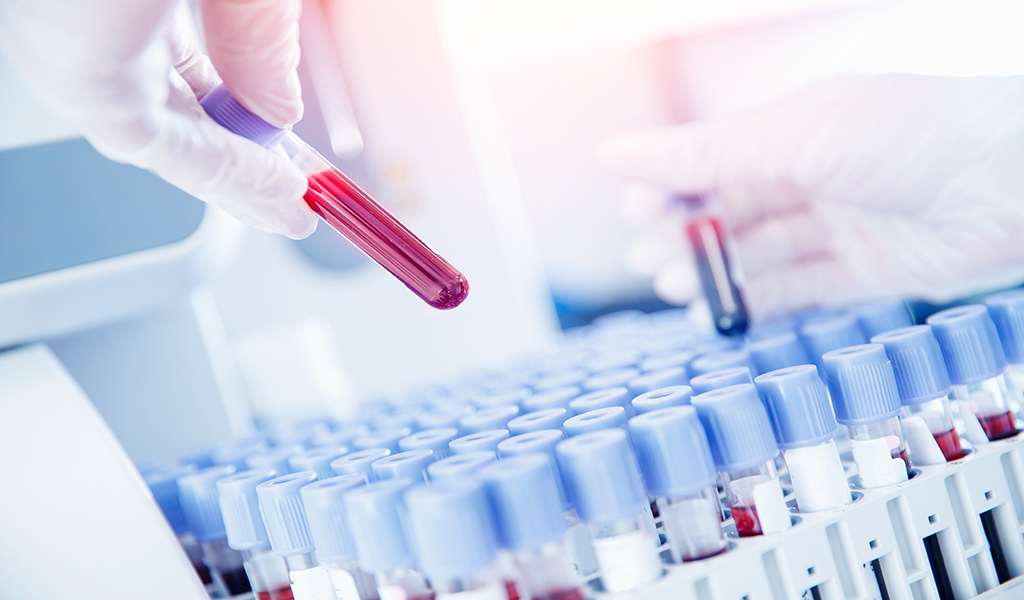A burning sensation in the chest or an occasional acid reflux is something we Indians learned to withstand early in life. Our culturally rich diet builds a different kind of immunity and nothing that an Eno won’t solve in six seconds (or so is the belief). By our mid-thirties, however, our digestive system starts to show symptoms of real intolerance: heartburns become stronger, acid refluxes become calendar dates you’d analyse with your doctor, and OTC medicines are in your bedside drawer on rotation. Hence, it becomes important to know the difference between gastric pain and heart attack.
Sometimes, these symptoms can mimic the early signs of a heart attack. They can get worse as you pop your antacid, hoping to feel better anytime now.
Knowing the difference between gastric pain and heart attack can help you determine the best course of action and seek appropriate medical attention if necessary. So, let’s dive in to get a better understanding of what’s going on inside our bodies.
Gastric pain, also called indigestion or dyspepsia, is typically felt in the upper part of the abdomen. It is caused by conditions such as acid reflux, peptic ulcers, or inflammation of the stomach lining. In contrast, a heart attack occurs when the blood flow to the heart is blocked, leading to damage or death of the heart muscle. The symptoms of a heart attack can include chest pain or discomfort, shortness of breath, nausea, and sweating.
Difference Between Gas Pain and Heart Attack
There are many factors to determine the difference between gastric pain and heart attack including:
Location and type of pain
They are two key factors that can help differentiate gas pain from a heart attack. Gastric pain is typically felt in the upper abdomen, around the stomach, and back or chest. The pain is often a burning or gnawing sensation and may be accompanied by bloating, gas, and belching. The pain from a heart attack is typically felt in the chest, left arm, jaw, or shoulders. It is often described as a pressure, tightness, or squeezing sensation. It may be accompanied by shortness of breath, sweating, and dizziness.
Associated Symptoms
Digestive symptoms such as nausea, vomiting, and diarrhea are usually accompanied with gas pain. Moreover, certain foods, such as spicy or fatty foods trigger it. It may be relieved by antacids or by avoiding fried and processed foods. In contrast, symptoms such as lightheadedness, fainting, and palpitations are associated with a heart attack. It may be triggered by physical exertion or emotional stress and is not relieved by antacids or changes in diet.

Duration of Symptoms
The duration of symptoms is another key factor that can help us know the difference between the two. Acid reflux may come and go over time and may be mild or severe depending on the cause. It is usually not associated with other symptoms such as sweating or shortness of breath. In contrast, the pain from a heart attack may persist for several minutes or longer and may be accompanied by other symptoms such as chest tightness, shortness of breath, and sweating.
Diagnosis and Treatment
Diagnosis and treatment for acid reflux and heart attack differ significantly. Physical exam, your medical history and blood tests usually take place to diagnose acid reflux and rule out other conditions. Treatment may include lifestyle changes, such as avoiding fried and processed foods, eating smaller meals, and losing weight, as well as medications such as antacids, proton pump inhibitors, or antibiotics. In contrast, a heart attack is a medical emergency that requires immediate diagnosis and treatment.
Diagnosis may involve an electrocardiogram (ECG), blood tests, and imaging tests such as a CT scan or echocardiogram. Treatment may involve medications such as aspirin, and beta-blockers, or procedures such as angioplasty or bypass surgery.

Conclusion
In conclusion, knowing the difference between gas pain and heart attack is crucial to make the right move during an SOS. Remember, if you experience chest pain that is severe or accompanied by other concerning symptoms such as shortness of breath or dizziness, you should immediately seek medical attention. It’s always better to err on the side of caution when it comes to chest pain, as it can be a sign of something serious.
Another preventive measure that you can take is to include a supplement to support your heart health. TrueBasics Heart Omega-3 is made from clinically researched Superba Antarctic Krill Oil. It contains 4 heart-strengthening ingredients: Phospholipids, Astaxanthin, Choline and Omega-3 fatty acids. TrueBasics Heart Omega-3 is a nutritional supplement that helps reduce cholesterol and and triglyceride levels by up to 33%, after 26 weeks of daily dosage.














